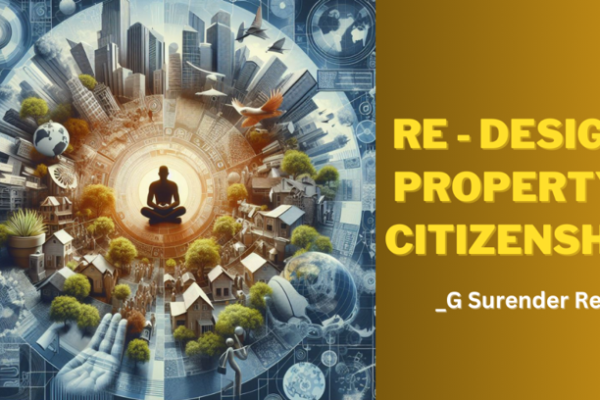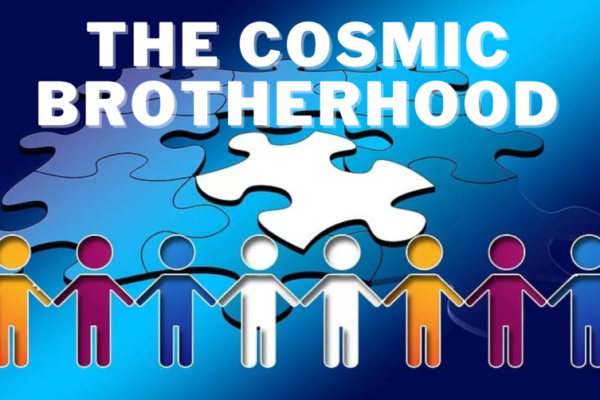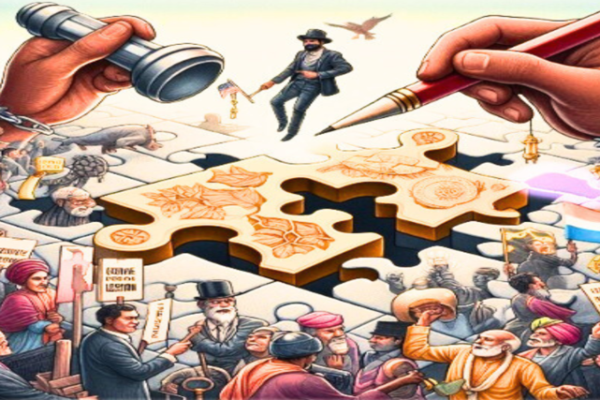– By Rajendra
“Alternative visions are crucial at this moment in history. PROUT’s cooperative model of economic democracy, based on cardinal human values and sharing the resources of the planet for the welfare of everyone, deserves our serious consideration.” (Noam Chomsky, Libertarian socialist).
In the wake of widespread economic inequality and social unrest, it has become increasingly evident that the current capitalist system is failing to deliver on its promise of prosperity for all. Instead, it has led to the concentration of wealth and power in the hands of a few, leaving the vast majority of the population struggling to make ends meet. In this article, we will explore the shortcomings of capitalism, the need for a paradigm shift towards a more sustainable socio-economic philosophy like Prout, and the crucial role of moral leadership in effecting this transformation.
Capitalism, as it exists today, is built on the principle of individual profit maximization, often at the expense of societal well-being. The pursuit of profit has led to the exploitation of natural resources, the marginalization of marginalized communities, and the widening gap between the rich and the poor. Despite its promises of prosperity and opportunity, capitalism has failed to deliver on its fundamental premise of providing a better life for all.
Moreover, the relentless pursuit of profit has resulted in a moral vacuum, where greed and self-interest reign supreme. The recent financial crises, corporate scandals, and environmental disasters are symptomatic of a system that prioritizes short-term gains over long-term sustainability and ethical considerations. It is clear that capitalism, in its current form, is unsustainable and incompatible with the values of justice, equality, and compassion.
In contrast, Prout offers a holistic alternative that seeks to address the shortcomings of capitalism while promoting the well-being of all members of society. At its core, Prout is founded on the principles of socio-economic justice, environmental sustainability, and spiritual fulfillment. It advocates for the equitable distribution of wealth and resources, the protection of the environment, and the promotion of cultural diversity and social harmony.
Central to the implementation of Prout is the concept of moral leadership. In a world plagued by corruption, greed, and self-interest, moral leaders are essential catalysts for change. They possess the vision, integrity, and compassion necessary to guide society towards a more just and sustainable future. As the quote by Shiva underscores, true service to the world requires not only selflessness but also a pure mind free from selfish desires.
“..If someone works exclusively for the welfare of the world – jagaddhitáya – one should realize that to render selfless service, an absolutely pure mind is required, with the expansiveness of the vast ocean and the serenity of the blue sky. Otherwise, while promoting the welfare of the world, one may develop a selfish desire in one’s mind in a weak moment, as a result of which one may bring harm to oneself as well as to the universe. So those who do not aim at self-realization cannot promote the welfare of the world either. That is why Shiva propounded “átmamokśárthaḿ jagaddhitáya ca”. For self-realization, a pure science of spirituality is required, and for jagaddhitáya a happy blending between parávidyá( Pure Science of Spirituality) and aparávidyá ( Worldly knowledge) is necessary.” ( Namah Shivaya Shantaya ) ,Shiopadesh-2, By Shrii Shrii Anandmurtiji.
Moral leaders embody the values of empathy, humility, and selflessness. They prioritize the common good over personal gain and are committed to creating a society where everyone can thrive. Through their actions and example, they inspire others to strive for excellence, to act with integrity, and to work towards the greater good.
In conclusion, the present state of failing capitalism necessitates a paradigm shift towards a more sustainable and equitable socio-economic philosophy like Prout. This transformation requires not only systemic changes but also a new breed of moral leaders who are committed to serving the welfare of all beings. By embracing the principles of Prout and cultivating moral leadership, we can create a world where justice, equality, and compassion are not just ideals but lived realities.






Namaskar dada,
The really nice article itself shows how much you care about the welfare of human beings.
Moralists who work for themselves for the progress inner world ( átmamoksha ) and the welfare of everyone (jagaddhitáya), moralists who have the strength to work 24×7 and not waste a second in their lives. Even though there are very few moralists, if they united,. They can change the lives of the entire universe, which is suffering from pain.
This is a remarkable endeavor to bring out the alternative theory of prout to the mass after capitalism and communism which are apparantly loosing it’s validity from society fast… The prout theory is well explained in nutshell.
A revolutionary idea and guide for a new balanced socio economic society, it emphasizes the importance of self-realization as a foundation for promoting the well-being of society.. The call for a blend of spirituality and worldly knowledge resonates with the idea that true progress involves both inner transformation and external actions. The mention of moral leaders as catalysts for change adds a practical dimension, highlighting the need for individuals who embody values like empathy and selflessness to guide us towards a more sustainable and equitable future. Overall this article interconnectedness the personal growth and the welfare of the world.